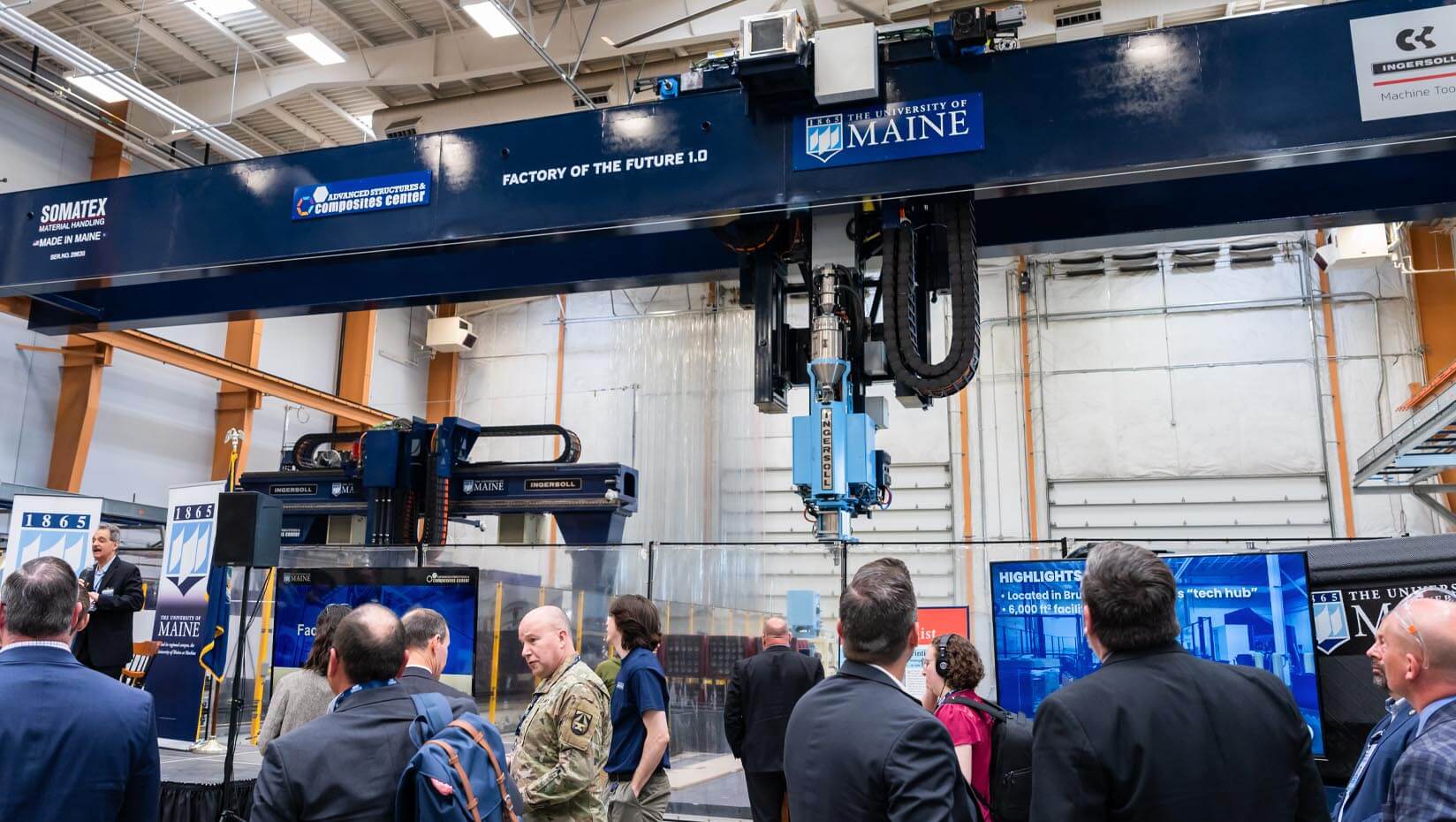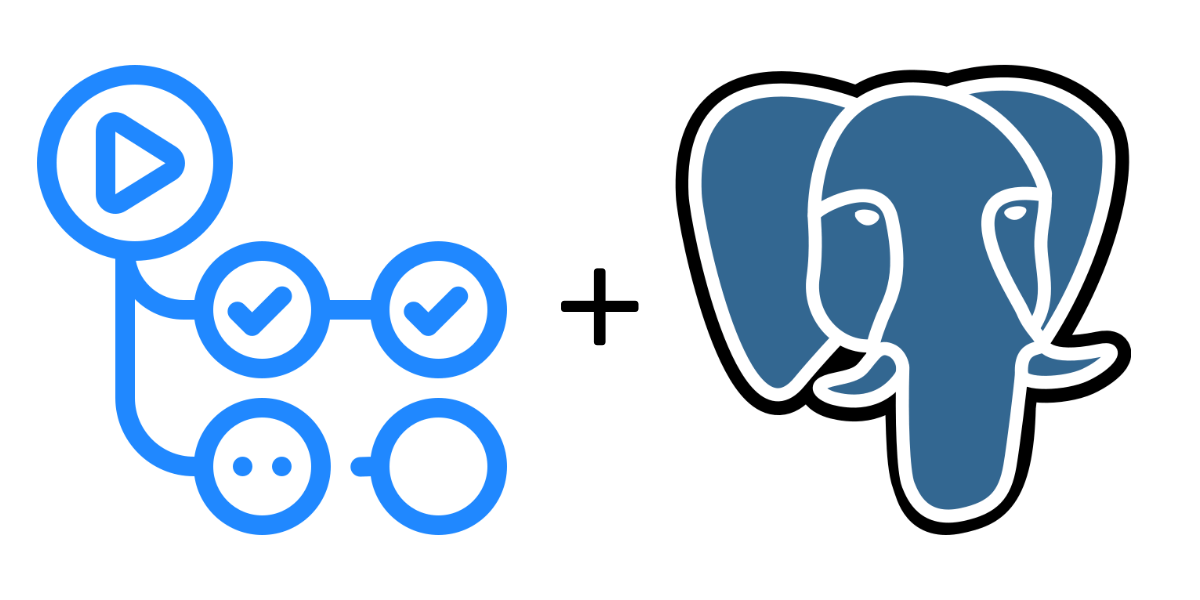
Rethinking Triplebyte
TL;DR: Triplebyte is pivoting. We no longer require a quiz or interview to join. Engineers are almost completely unique as a labor force. There is far more demand for engineers than there is supply, and that makes engineers powerful in a way other professions are not. We want to stop being a placement agency, and instead become a job search platform that leverages that unique power to create a better hiring process for engineers.
If you’re not interested in the history that drove this change, click here to read about what we’re building and the case for why we think it will work.
Our mission is to fix hiring for engineers. This was what Harj, Guillaume, and I set out to do when we started Triplebyte. Our first step was to create a quiz and interview process to pre-screen engineers, then require that companies skip screening steps for engineers who did well on these screens. A lot about this worked. We got jobs for over 1000 engineers, many of whom had non-traditional backgrounds and had previously been totally ignored by recruiters. Helping these people has been by far the most exciting part of working at Triplebyte. Still, our original model did not succeed as often as it could have, and the problems with that model became more obvious as we scaled. There were always more engineers who we failed to help than there were exciting successes. And we couldn’t change that without resolving fundamental tensions in our model. Two of those tensions in particular were a problem: First, our approach made us gatekeepers. Companies didn’t want to skip screening steps, and we could only get them to do so by rejecting everyone except the top few percent of engineers on our assessment. Even if our tests had been perfect, this would have left out many capable engineers. Worse, while we work to make them as good as possible, our assessments are certainly not perfect, which meant we also left out some great engineers (who were understandably unhappy about that). Rather than fixing hiring, we’d replaced companies’ arbitrary requirements with our own. Second, we combined two conflicting values. We provided an expedited process to onsites and we focused on testing as a replacement for traditional credentials. Engineers with strong resumes benefitted from our expedited process at companies, but didn’t care about testing. In fact, by de-emphasizing experience, we undersold them. Engineers from non-traditional backgrounds, on the other hand, loved the way our quizzes opened doors for them, but did not care about skipping screening steps. And in fact, the process restrictions we placed on companies stopped them from reaching out to candidates who they would have otherwise been willing to talk to. And so both groups of engineers ended up underserved and less successful than they could have been. Over time, these problems compounded. Engineers who we rejected held that against us (which was completely understandable). We found ourselves pushing an increasingly varied pool of both engineers and companies into a narrow set of predefined assessments, which hurt both our ability to evaluate engineers and our ability to help companies find the expertise they needed. And these tensions were built so deeply into our business model that they proved impossible to solve without making fundamental changes.
Our first effort to fix these problems was a fiasco. We began with an idea that made sense on the surface: create engineer-specific profiles that would offer features that other job search sites like LinkedIn or Indeed couldn‘t, then use the enormous number of engineers who had already created Triplebyte profiles to transition Triplebyte into a more general job-search site. But I made a big mistake. I decided to make these profiles public by default. Our users objected immediately and forcefully. We canceled this change before it shipped, but our users were right: this would have been an egregious violation of our users’ privacy. My first instinct was to talk about why we made this decision (a mix of bad incentives, poor cultural practices that led me to not listen to other people on the team, perhaps just bad judgment). But that wasn’t the point. If literally a thousand people show up at your door to tell you that you violated their trust, then you violated their trust. Doing this was stupid and wrong, and it is not a mistake I intend to repeat.


















